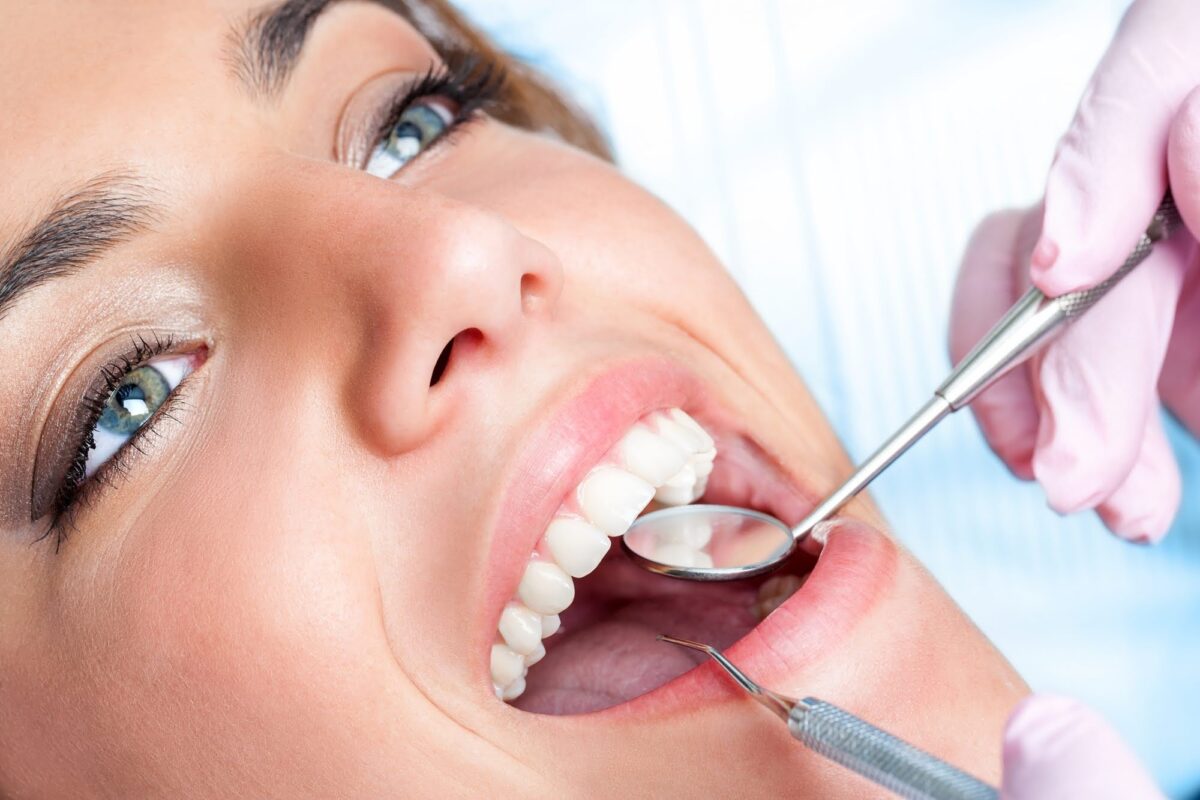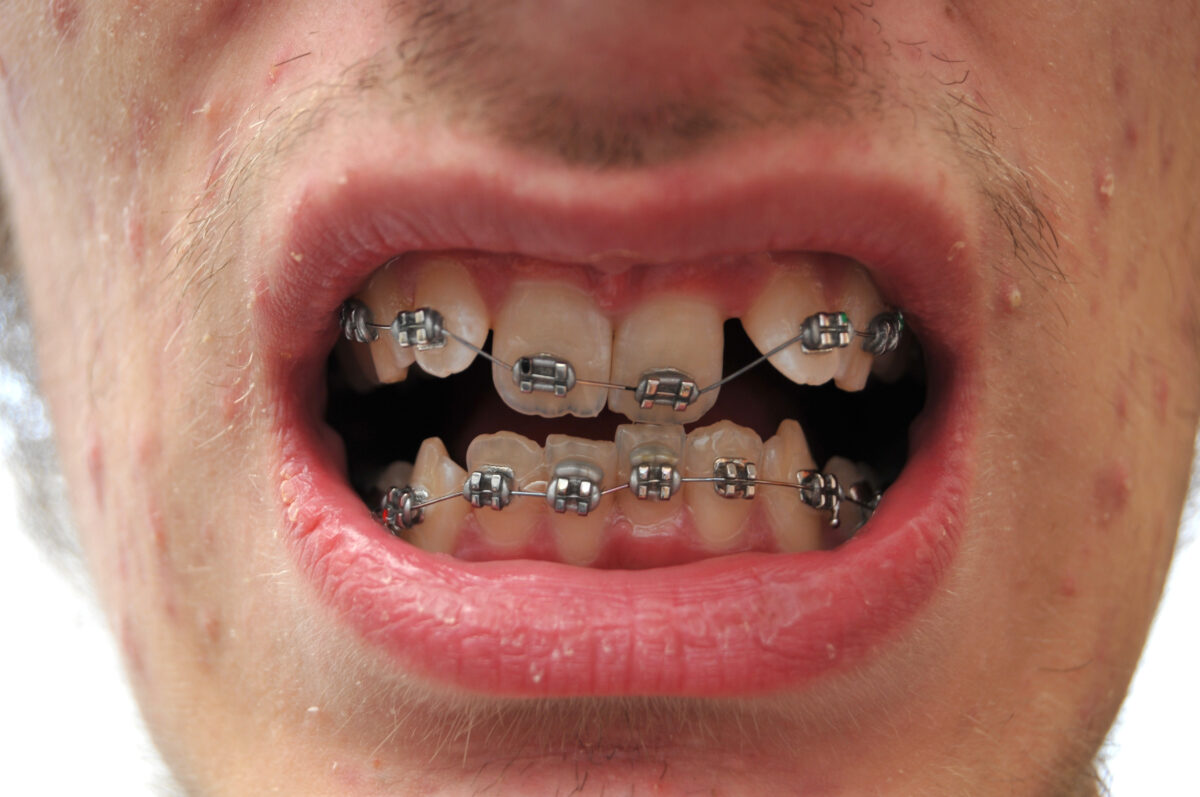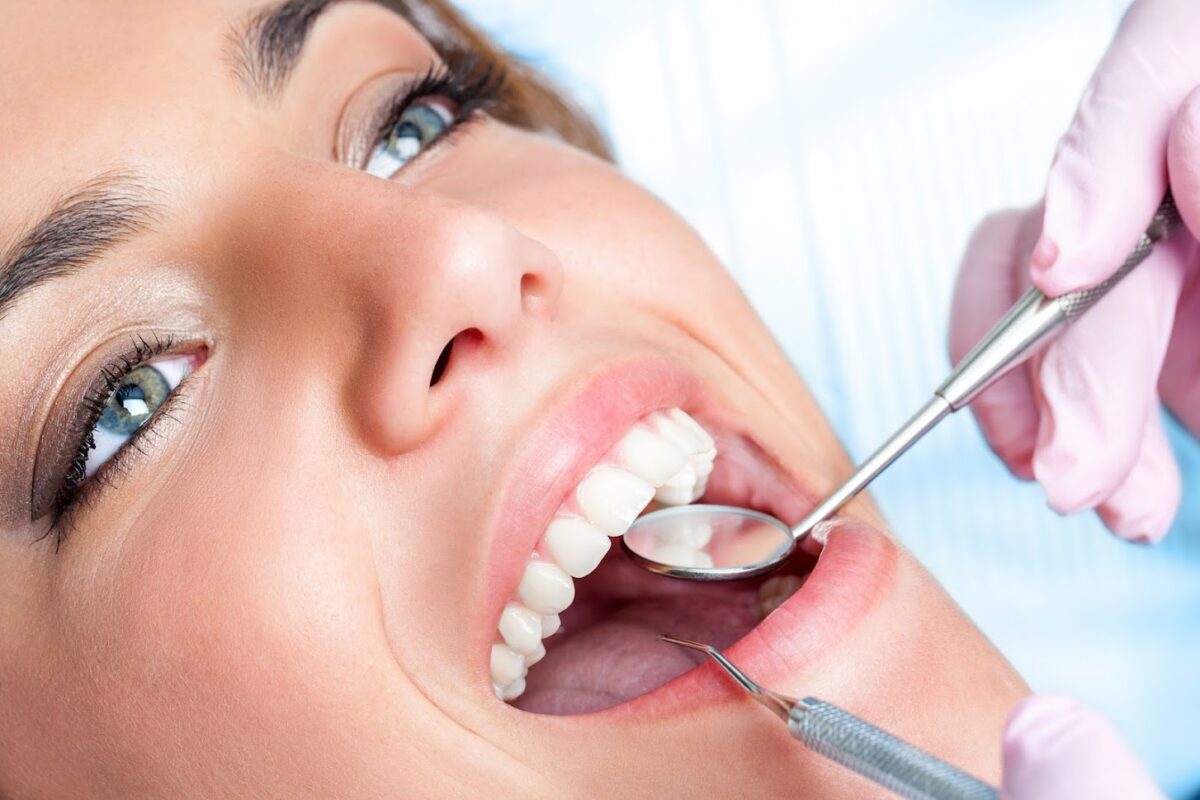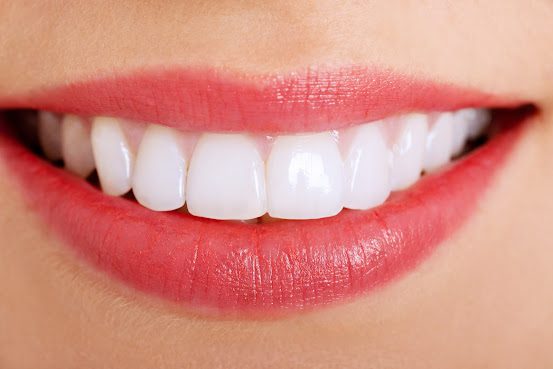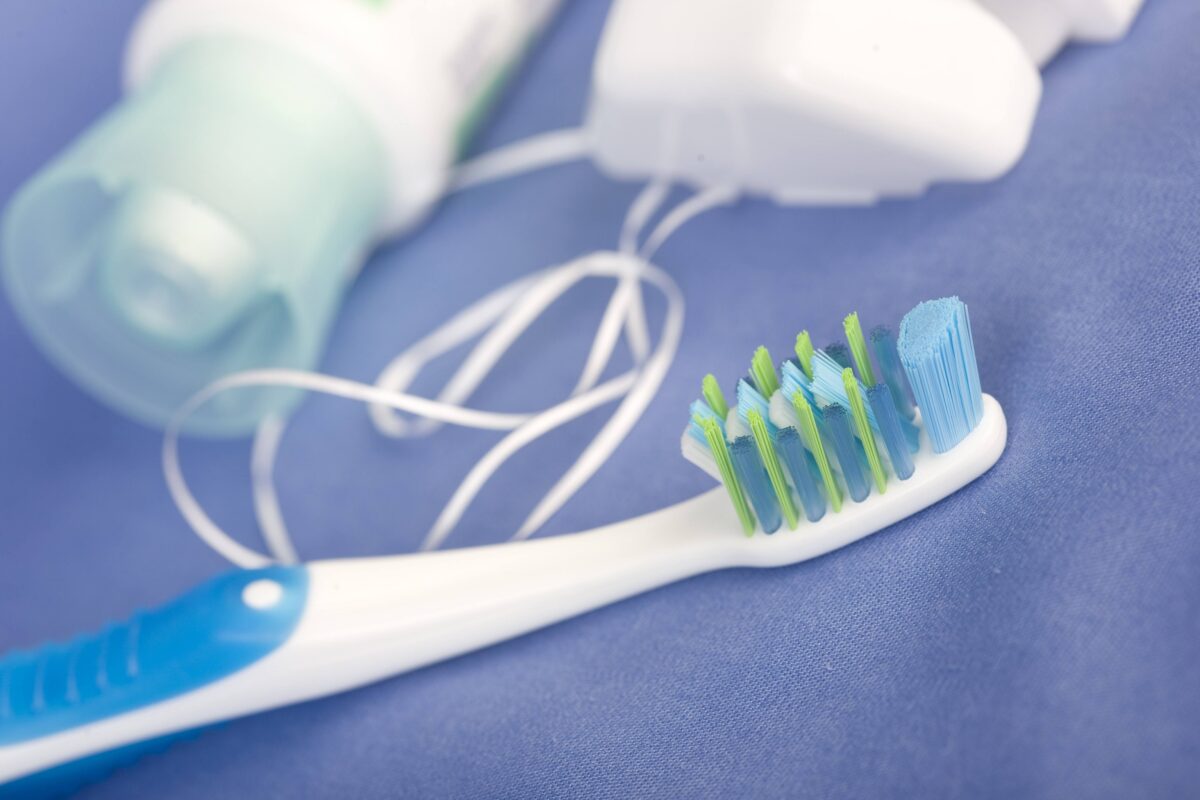Multiple sclerosis (MS) is a chronic autoimmune disease that affects the central nervous system. It can cause lesions in the brain and spine, affect the way a person moves, and even affect their mental faculties. Every person treats and progresses with their MS symptoms differently, and any autoimmune disease can affect oral and circulatory health.
As a result, MS symptoms vary greatly from person to person, making it difficult to predict how the disease will progress. While MS primarily affects mobility and cognition, it can also impact other areas of health, including oral health. Here, we’re going to explore the link between MS and oral health, discuss common concerns you should watch out for, and provide tips for approaching dental surgery and other major dental issues.


